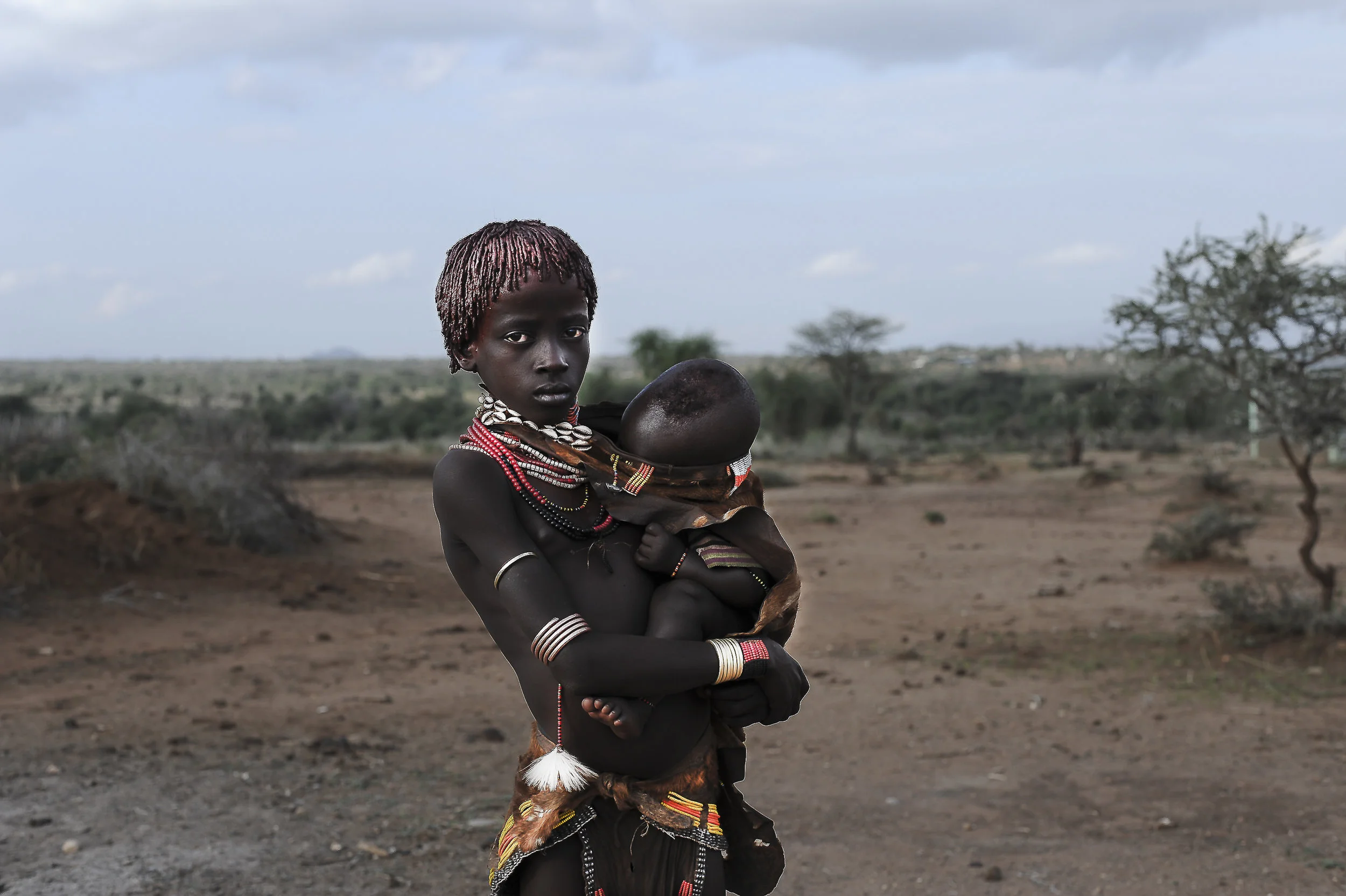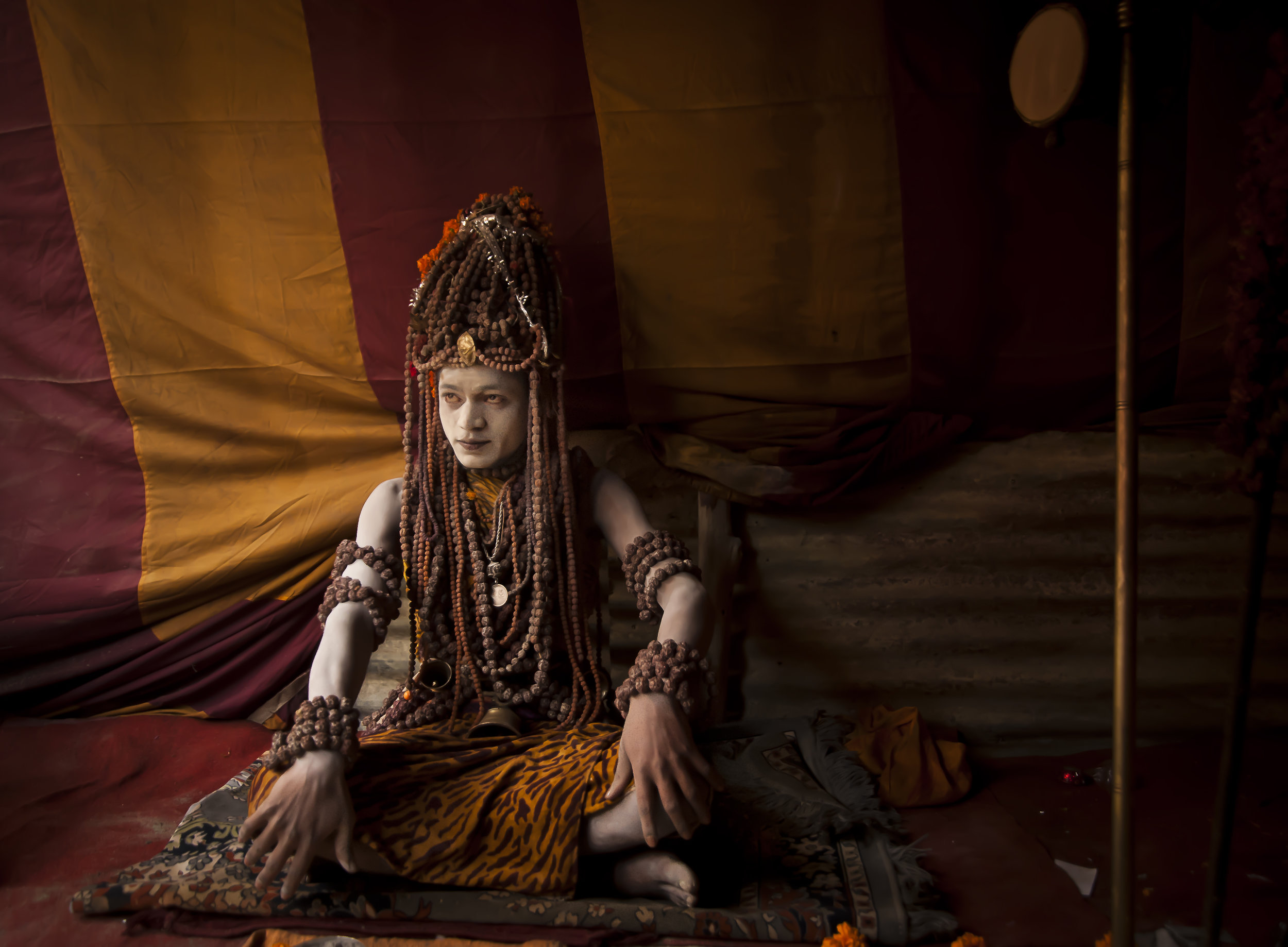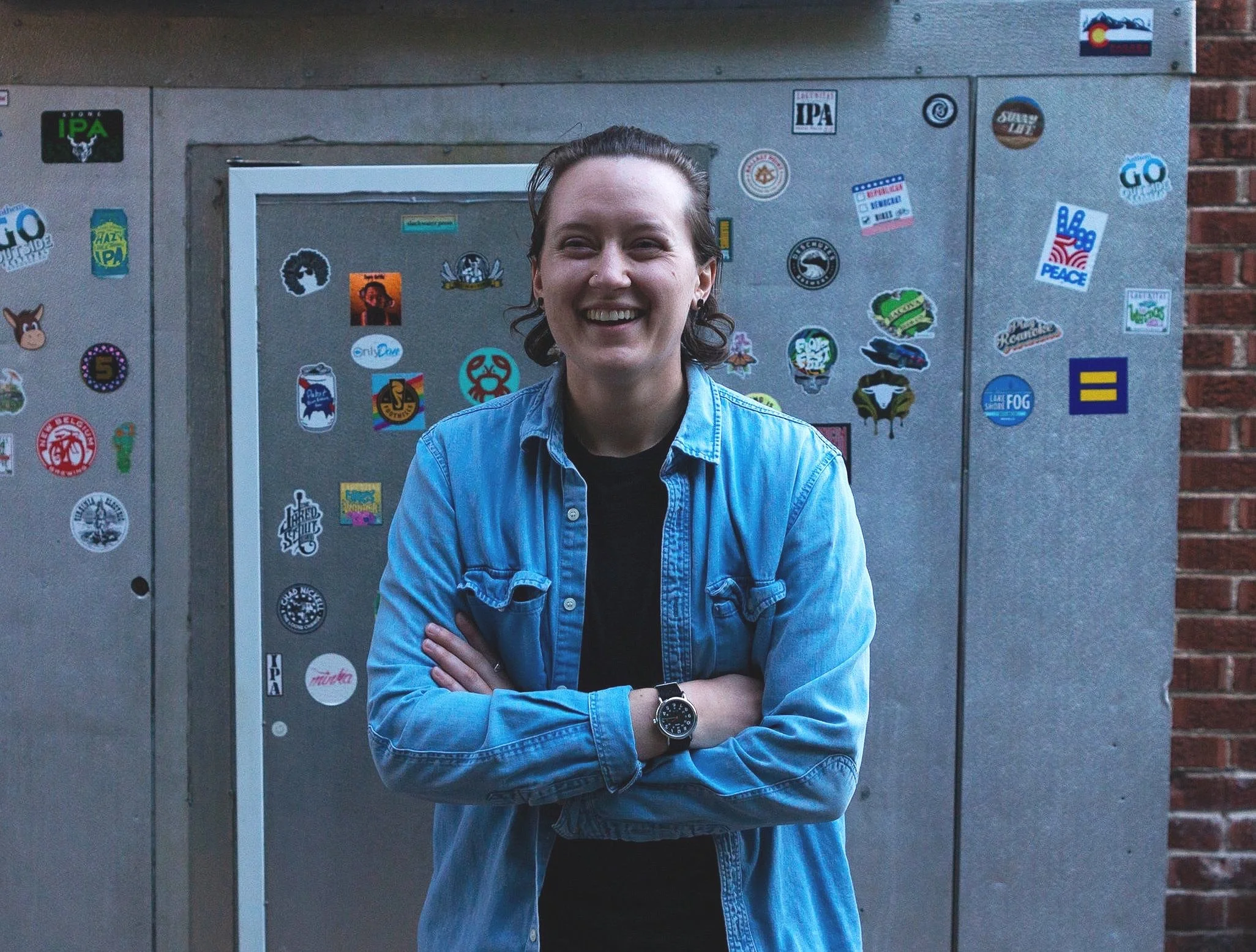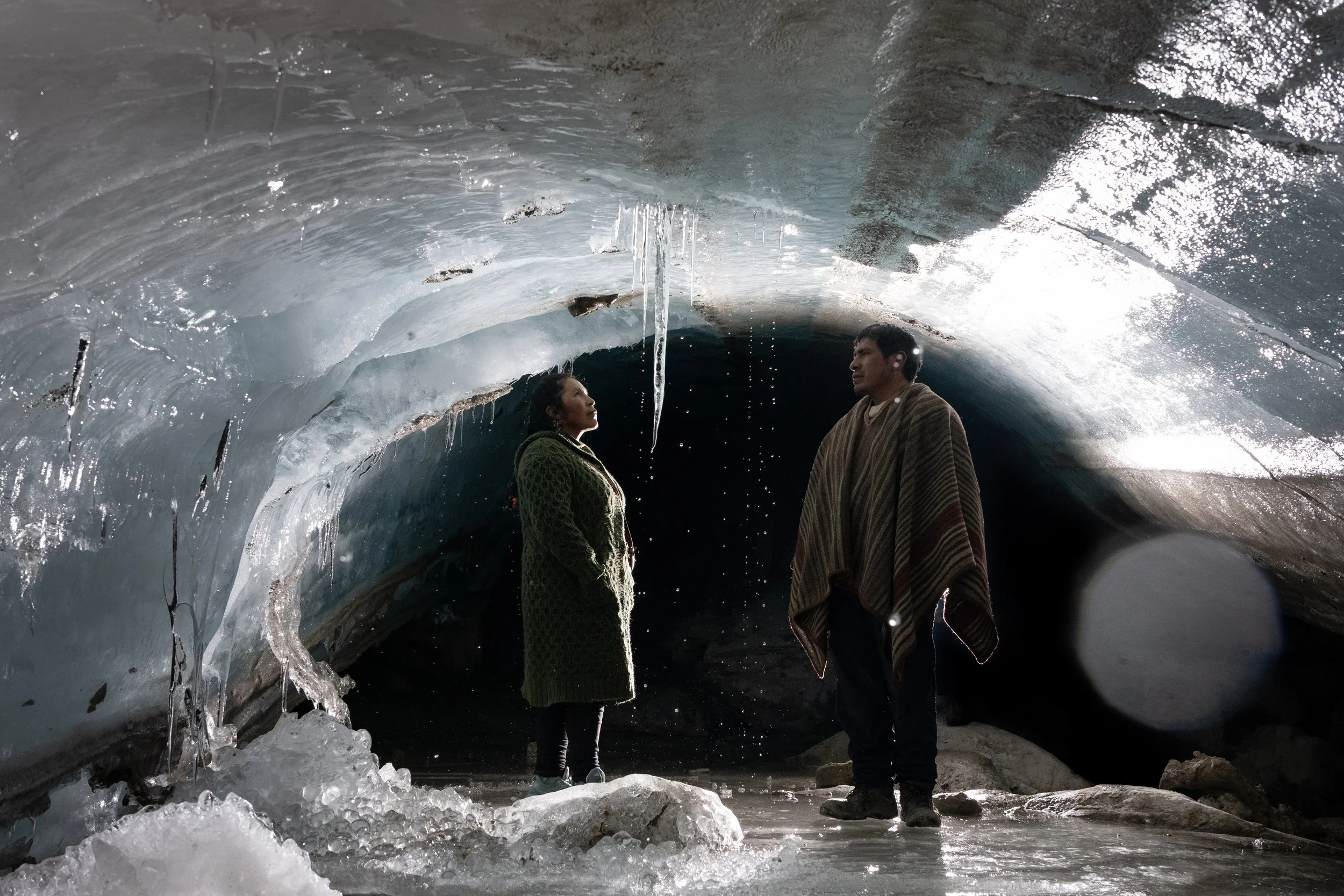PHOTO: REBECCA GEDDES
In the summer months of 2016, Australian photographer Rebecca Geddes created one of her most important projects abroad documenting aboriginal groups in Ethiopia and Kenya. Titled "The Abeni Project," Geddes’ documentary followed girls and women living in remote indigenous villages. The project aimed to represent women who would not otherwise garner attention.
PHOTO: REBECCA GEDDES
Geddes’ work has brought her on many travels. In India, she experienced Kumbh Mela, and found the spectacle particularly moving.
“The Kumbh Mela pilgrimage is the largest gathering of mankind, with around 120 million pilgrims participating over the course of two-months,” explains Geddes, “this project tested my resilience, my strength, and my vulnerability equally. It was a once in a lifetime project; the absolute mecca of humanity and still leaves me in awe.”
PHOTO: REBECCA GEDDES
While Geddes’ work is an undoubtedly moving representation of her subjects and her experiences, her camera isn't a tool she can always use.
“During my time in Mumbai. I crossed paths with a local family, of one brother and two sisters, all in their late eighties. Two of the sisters had been wheelchair-bound for over fifty years.”
“The property they resided in, on the second floor, was condemned with only a ladder for access to the living areas. The women had not been outside in over fifty years. Their brother would bring their groceries, medicine, and prepare their meals.”
Geddes recounts on the touching moment. One of the sisters’ she had met disapproved being photographed. This, was more important to Geddes than capturing a story, despite its potential success.
PHOTO: REBECCA GEDDES
“It was one of those incredible moments where everything just came together. The lighting, the composition, the subjects, it would have been a beautiful photo essay. Unfortunately one of the sisters decided it was not how she wanted to be remembered. I did try and talk her around, however at the end of the day, respect for their decision is paramount.”
Geddes plans on continuing her ventures following women in nomadic families in Mongolia this summer, focusing on the way women in these communities live and how they continue to carve their way in an increasingly modern society.
You can follow Rebecca Geddes and her work here.
You will also like









